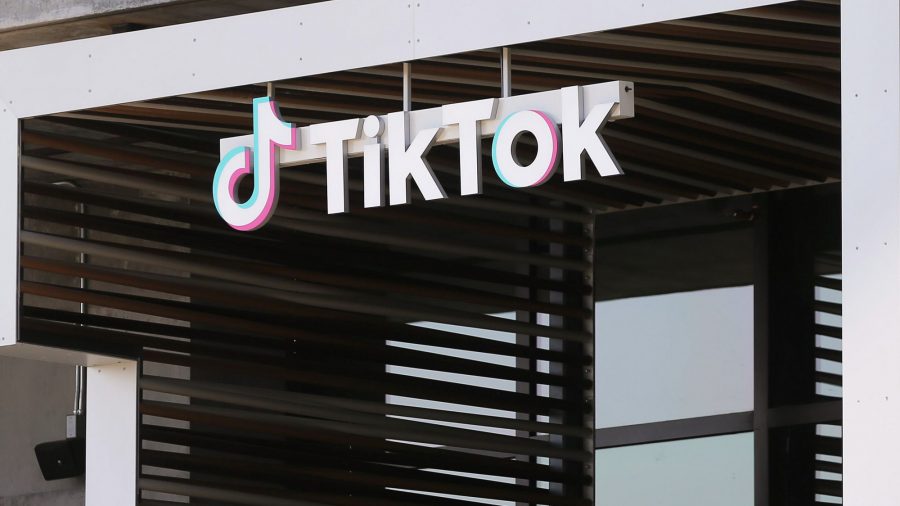WASHINGTON—TikTok, a video-sharing mobile application, reportedly accepted a bid from Oracle for its U.S. business, rejecting the other contender Microsoft.
President Donald Trump earlier set a mid-September deadline for TikTok’s parent company ByteDance to sell the app’s American operations.
Microsoft Corp. on Sept. 13 confirmed in a statement that its bid was rejected.
“ByteDance let us know today they would not be selling TikTok’s U.S. operations to Microsoft,” the statement said.
“We are confident our proposal would have been good for TikTok’s users, while protecting national security interests. To do this, we would have made significant changes to ensure the service met the highest standards for security, privacy, online safety, and combatting disinformation, and we made these principles clear in our August statement. We look forward to seeing how the service evolves in these important areas.”
TikTok received bids from Oracle and also Microsoft in partnership with Walmart.
“I told them that they have till Sept. 15 to make a deal. After that we close it up in this country,” Trump told reporters on Sept. 1.
He said that the U.S. Treasury must be “well-compensated” in any agreement.
The Epoch Times has reached out to Oracle for comment.
The video-sharing app, which is wildly popular among American teens, has been downloaded over 175 million times in the United States and sees over 1 billion users across more than 150 countries.
The platform, owned by the Chinese company ByteDance Ltd., has come under bipartisan scrutiny over national security and privacy concerns.
In early August, Trump issued executive orders that would ban transactions with TikTok and social media app WeChat within 45 days. The orders also banned transactions with ByteDance and WeChat’s parent company, Tencent Holdings.
Chinese Intervention
The Chinese regime recently threw a wrench into the sales plan.
On Aug. 28, Beijing introduced new rules on the export of artificial-intelligence technology to foreign companies. The move requires TikTok’s parent company to get approval from the Chinese government for the deal, according to state news agency Xinhua.
White House trade adviser Peter Navarro told Fox Business on Aug. 31 that China’s restriction of tech export is ironic considering much of China’s AI technology came from Google and Microsoft.
The rule change that restricts the export of artificial intelligence technology includes the algorithm TikTok uses to recommend videos for users to watch based on their preferences and behavior.
Is TikTok a Threat?
The Trump administration has raised concerns that TikTok could be forced to pass user information on to the Chinese regime. Under a 2017 national intelligence law, Chinese firms are required to provide their data to the country’s ruling Communist Party.
“TikTok automatically captures vast swaths of information from its users, including Internet and other network activity information such as location data and browsing and search histories,” Trump’s executive order stated.
This data collection could allow “China to track the locations of Federal employees and contractors, build dossiers of personal information for blackmail, and conduct corporate espionage.”
The Department of Homeland Security, Transportation Security Administration, and the United States Armed Forces have already barred TikTok on government devices.
TikTok has also met with criticism from users for censoring content concerning protests in Hong Kong and the treatment of Uyghurs in Xinjiang.
The Epoch Times recently reported that more than 130 ByteDance employees are part of a Chinese Community Party (CCP) committee embedded in the company. Many of these employees hold managerial positions, according to internal documents.
Besides TikTok and WeChat, the Trump administration could crack down on other China-based apps, according to Navarro.
“It is critical that this country not use apps that are made in China, or that can take our data and go to servers in China. That data will be used to surveil, monitor, and track you,” he told Fox Business last month.
The Epoch Times staff Bowen Xiao contributed to this report.
From The Epoch Times


